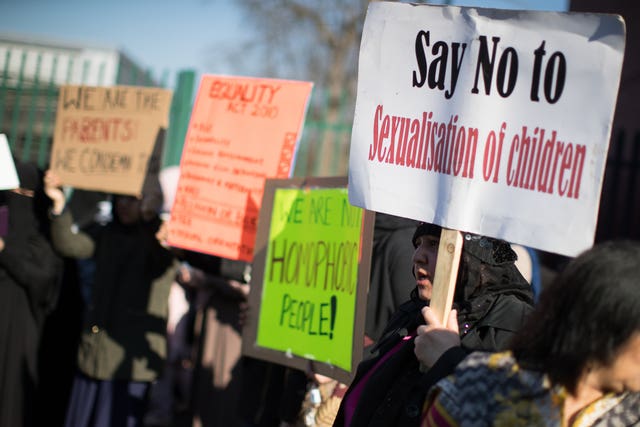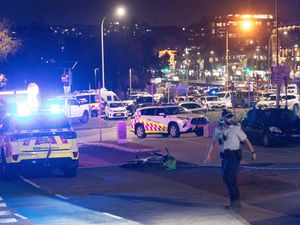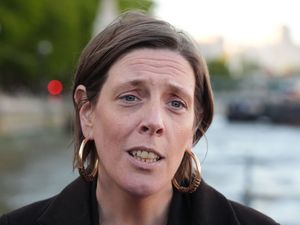‘Militant’ activism in schools can affect children’s education, Ofsted boss says
Amanda Spielman said it is ‘unacceptable’ that some pupils and teachers are suffering abuse and violence ‘simply for being who they are’.

Schools are having to tackle a new “confrontational brand of activism” which can have a “limiting effect” on children’s education, England’s chief schools inspector has warned.
Amanda Spielman said it was “unacceptable” that some pupils and teachers are suffering abuse and violence “simply for being who they are” amid a rise in activism both inside and outside schools.
The Ofsted chief has said children should not be “all but forced to support a fellow student’s campaign, no matter how compellingly presented, nor feel that they will be ostracised if they do not”.
In a speech to the Festival of Education, Ms Spielman said: “This is a difficult problem for schools. So much effort goes into encouraging young people to understand and think about their democratic rights, which of course include the right to protest and to campaign for what they believe in.
“But education must come first. And no child should ever feel targeted or marginalised because intolerance has replaced reasoned debate.”
The chief inspector added: “Let’s not have teachers policed by self-appointed ‘moral guardians’ who refuse to tolerate an alternative viewpoint.
“Or harried on social media into apologising for what they’ve said, or into changing the way they teach, in the face of militant activism.”
Her comments come after protests were held outside Batley Grammar School in March after a teacher showed Year 9 pupils a caricature of the Prophet Mohammed during a Religious Studies (RS) lesson.
In 2019, some primary schools in Birmingham faced protests at the school gates from parents who opposed allowing children to be taught about the existence of LGBT+ relationships.
A motion passed at the National Education Union’s (NEU) conference in April called for support for staff and pupils who face protests against teaching age-appropriate Relationships and Sex Education (RSE).

Addressing sector leaders on Thursday, Ms Spielman said: “It cannot be right for children to have to cross what amount to picket lines outside their school because one group’s religious beliefs – protected by law – sit uncomfortably with teaching about another group’s sexuality – also protected by law.
“It cannot be right that the curriculum can be filleted by pressure groups.
“And the militant defence of orthodoxies is not confined to adult protests, or to the protected characteristics. We are also seeing more pupil activism in schools, on many fronts.
“Some of this is about racism, or anti-racism; some is about climate change; some is about issues that are quite remote for most British children, such as the charged and complicated politics of the Middle East.
“But in some cases children and teachers are suffering abuse or even violence, simply for being who they are: for being the wrong religion, or race, or ethnicity. This is completely unacceptable.”
The Ofsted chief said a new “confrontational brand of activism” was “problematic” for schools.
During the speech, she said: “What I’m concerned about is not the activism that broadens debate and brings about long term change, but the militant kind of activism that demands immediate adherence to a position.
“We are seeing these confrontational approaches both outside and inside schools. It is affecting staff, parents and children and can have a limiting effect on education.”





